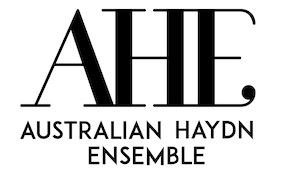Sokolov is a cult favourite, not only because his conception of any music he plays is unflinchingly personal but also because of his tremendous concentration. Every note is coloured and weighted; each phrase meticulously judged. He refuses to record in the studio, but Deutsche Grammophon has secured a contract to release his live concert performances. This is the second release, taken from recitals in Warsaw and Salzburg in 2013; the previous disc won Limelight’s 2015 Recording of the Year.
Sokolov’s typically uncompromising programme includes Beethoven’s Sonata No 29, Op. 106, the Hammerklavier. I was surprised how delicately he plays the first two movements: his dry, detached staccatos are lightly etched, as if to remind us that we are still in the Classical period. The Adagio sostenuto is one of the great inward meditations of late Beethoven, and here it feels as if time had stopped. Sokolov ruminates for 21’28”. By comparison, Paul Lewis plays it in 18’31”, and Gulda in 15’44”. This communing over every single note requires deep concentration from the listener as well as the performer – easier in a concert hall than at home. While Sokolov’s single-mindedness never falters, his is not your everyday Hammerklavier.
Late Schubert is as intense as late Beethoven in a more emotionally specific way. In the four Impromptus, D899 and the Three Piano Pieces, D946 (the latter dating from the composer’s final year), Sokolov brings out a tangible sense of isolation, such as you would expect from a heartfelt rendition of Winterreise. Indeed, the Impromptus echo the music of that great cycle, with its knife-edge balance of energetic rage and quiet desperation. The pianist maps Schubert’s emotional landscape through carefully placed ritards and subtle gradations of tone. Five encores by Rameau and Brahms’ Intermezzo, Op. 17 No 2 complete the set.












Comments
Log in to join the conversation.